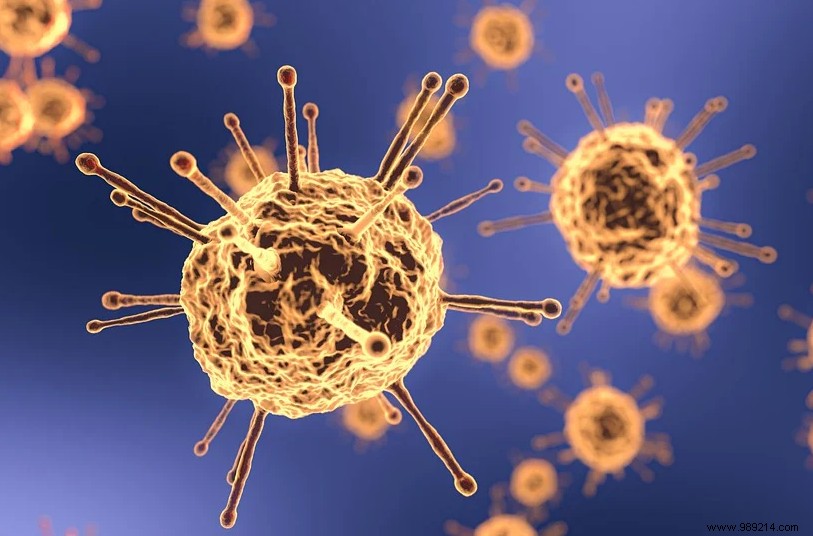Researchers analyzing global SARS-CoV-2 genomes have identified more than 12,000 mutations. Their findings, published in Nature, indicate that none of these variants enhance the virus's contagiousness.
Throughout the COVID-19 pandemic, SARS-CoV-2 has undergone mutations, prompting concerns about changes in virulence or transmissibility. Alarms were raised in Denmark and France, where infected mink farms were culled to prevent potential vaccine-escape mutations. Subsequent data, however, showed minimal risk from these events.
Viral mutations are commonplace, though coronaviruses mutate at a relatively low rate. Like all viruses, SARS-CoV-2 evolves, but most changes are inconsequential. Occasionally, they can alter genetic material, influencing spread or severity.
In a September 8, 2020, Nature article, Norwegian molecular epidemiologist Emma Hodcroft noted that SARS-CoV-2 accumulates just two single-letter mutations per month—half the influenza rate and a quarter that of HIV.

Despite the low mutation rate, some variants warrant scrutiny, such as the D614G mutation prevalent in Europe. Early preprints suggested possible increased transmissibility, but evidence was inconclusive.
To clarify, University College London researchers examined around 46,000 SARS-CoV-2 genomes worldwide. Their November 20, 2020, Nature study identified 12,706 mutations. Phylogenetic modeling traced their evolution and assessed transmission impacts.
The team concluded that dominant mutations are neutral. Even D614G showed no evidence of higher transmissibility. Their approach offers a robust tool for rapidly detecting any future dangerous variants.